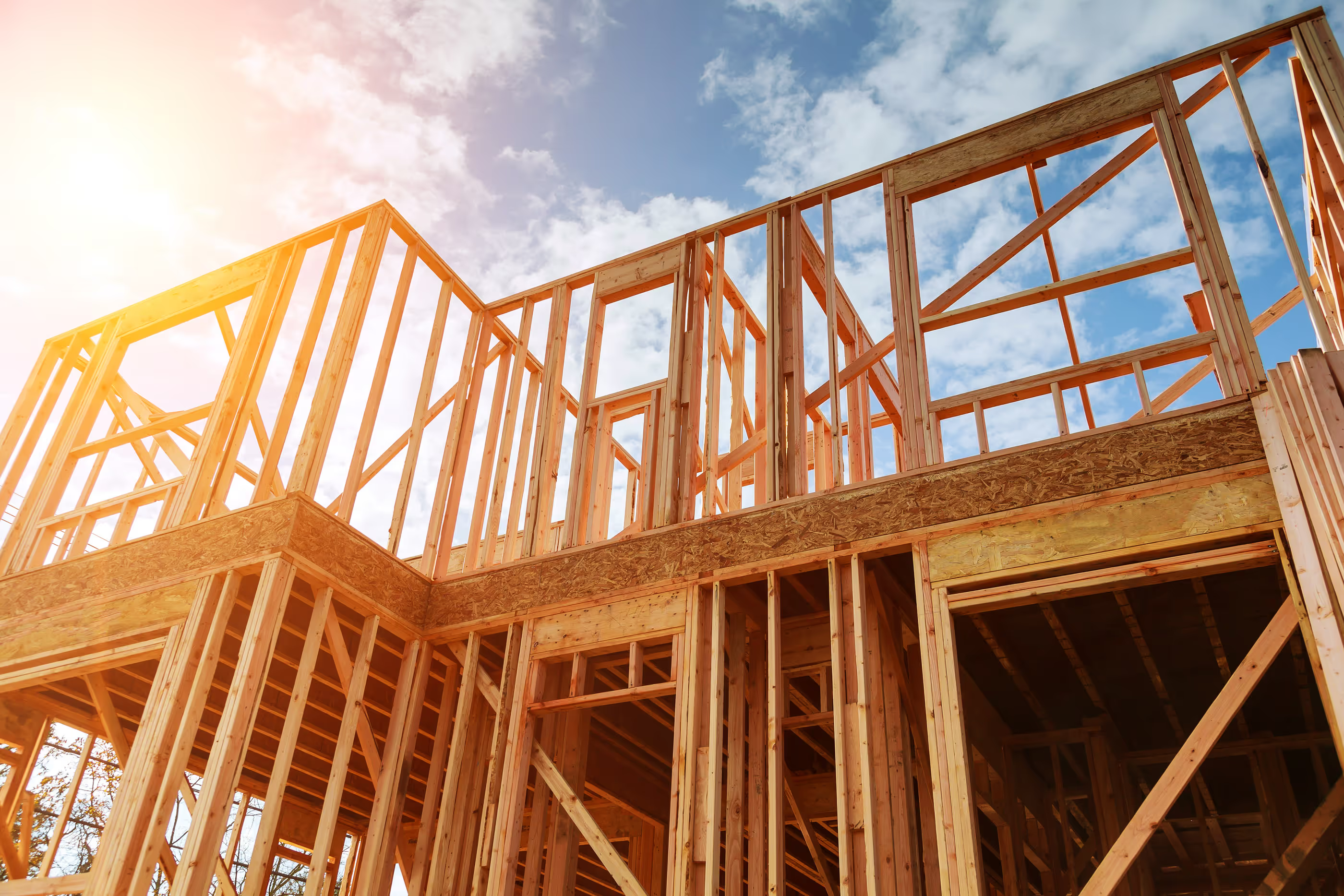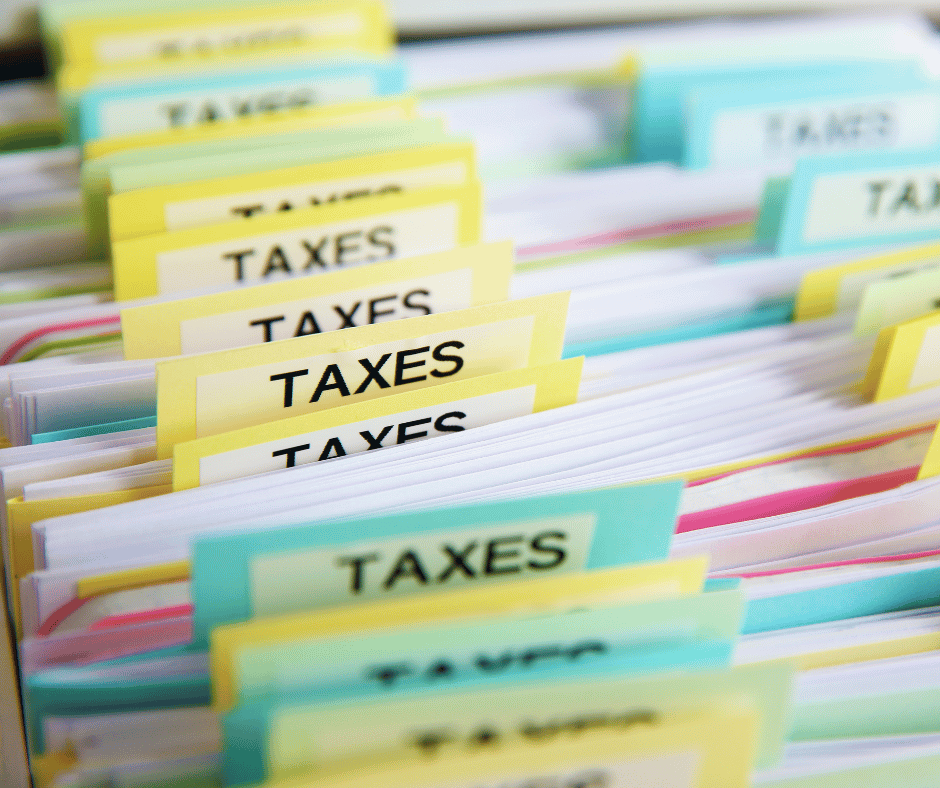.png)
Building custom homes is both an art and a business. While you focus on creating dream homes for your clients, maximizing your profits through strategic tax planning tips from our experts at Passageway Financial should be equally important. As a custom home builder, you have unique opportunities to reduce your tax burden that many other businesses don't enjoy. Let's explore the most effective tax-saving strategies that can help you keep more of your hard-earned money.
Custom home builders face a complex tax environment with multiple revenue streams, project-based income, and significant material and labor costs. Unlike traditional businesses with steady monthly revenue, builders often experience irregular cash flow patterns that can create both challenges and opportunities for tax planning.
The key to successful tax reduction lies in proactive planning throughout the year, not just at tax time. Many builders leave thousands of dollars on the table simply because they don't understand or implement available tax strategies.
One of the most significant advantages for custom home builders is the ability to deduct business equipment and tools. Under Section 179 of the tax code, you can deduct the full purchase price of qualifying equipment in the year you buy it, rather than depreciating it over several years.
What qualifies:
The Section 179 deduction limit for 2024 is $1,160,000, with a phase-out beginning at $2,890,000 in equipment purchases.
If you operate your business from a home office, you can deduct expenses related to that space. This includes a portion of your:
For project sites, you can deduct temporary office expenses, portable facilities, and site preparation costs.
All materials and supplies used in your construction projects are fully deductible business expenses. This includes:
Pro tip: Consider the timing of material purchases. If you're having a high-income year, purchasing materials for upcoming projects before year-end can help reduce your taxable income.
Payments to subcontractors and employees are deductible business expenses. However, proper classification is crucial:
Make sure you're classifying workers correctly to avoid IRS penalties while maximizing your deductions.
The structure of your business significantly impacts your tax liability. Many successful custom home builders operate as S-Corporations, which can provide substantial tax savings through:
S-Corp Benefits:
However, entity selection should be based on your specific situation, including income level, number of owners, and long-term business goals.
Custom home builders can significantly reduce their tax burden through strategic retirement planning:
SEP-IRA: Contribute up to 25% of compensation or $66,000 (2023 limit), whichever is less
Solo 401(k): If you have no employees, you can contribute up to $66,000 plus an additional $7,500 if you're 50 or older
Defined Benefit Plans: For high earners, these can allow contributions of $250,000 or more annually
Instead of purchasing equipment outright, consider:
Custom home builders have some flexibility in when they recognize revenue and expenses:
How you handle change orders and warranty work can impact your taxes:
Construction sites often experience material loss through:
Custom home builders often carry significant insurance coverage:
Successfully implementing these tax strategies requires working with experienced professionals who understand the construction industry. Leading custom home builders like Davis Contracting, Moderno Construction Management, and Bettencourt Construction recognize the importance of proper tax planning as part of their overall business strategy.
At Passageway Financial, we specialize in helping construction companies, including custom home builders, implement aggressive and legal tax reduction strategies. Our clients typically save between $2,500 to $12,000 annually through our proactive approach to tax planning.
What sets us apart:
Our specialized services for general contractors and builders include:
Quarterly Reviews: Meet with your tax professional every quarter to assess your tax situation and make adjustments
Year-End Planning: Begin tax planning discussions in October to implement strategies before December 31st
Equipment Purchases: Plan major equipment purchases strategically to maximize Section 179 benefits
Retirement Contributions: Maximize contributions before tax filing deadlines
Effective tax planning isn't a luxury for successful custom home builders—it's a necessity. The strategies outlined here can save you thousands of dollars annually, but they require professional implementation and ongoing management.
Don't let another tax season pass without maximizing your deductions and minimizing your tax burden. Our comprehensive tax reduction planning services are designed specifically for businesses like yours.
Ready to start saving on your taxes?
Contact Passageway Financial today for a free consultation. We'll analyze your current tax situation and show you exactly how much money we can help you save.
Remember, taxes are a bottom-line expense that compounds year after year. Every dollar you save in taxes is a dollar that stays in your business to fuel growth, purchase better equipment, or provide security for your family. Let us help you implement the aggressive, legal tax strategies that will transform your financial future.

















.png)
.png)
.png)
.jpg)
.jpg)
.png)
.jpg)
.png)
.png)

.png)











